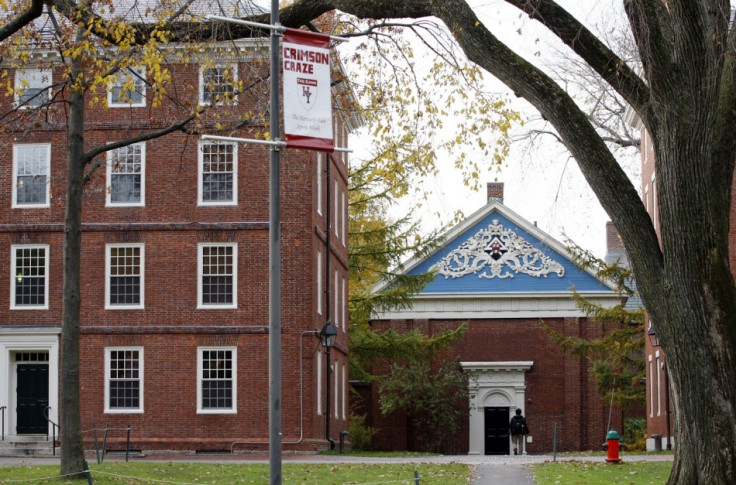Harvard Varsity Facing Wrath of Staff and Students for Study that Secretly Photographed 2000 Students

Harvard University is in the dock once again following an unethical practice as part of a study on classroom attendance.
Conducted by its Initiative for Learning and Teaching last spring, the experiment saw about 2000 undergraduates in 10 lecture halls photographed secretly, reports AP.
The experiment was disclosed at a faculty meeting this week and reported in The Harvard Crimson student newspaper.
Harvard was pulled up last year for secretly searching the university email accounts of 16 deans to find out who leaked information about a cheating scandal to the media.
Students and faculty have questioned the university for its hypocritical stance after having recently adopted an honour code.
"You should do studies only with the consent of the people being studied," Harvard computer science professor Harry Lewis told The Boston Globe.
Harvard administration justified the study saying that students and teachers were not notified because researchers did not want to introduce bias into the study.
Professors whose lectures were monitored were informed of the study and they had given permission for the data to be used in the study, said the study head.
Students were not told but the images themselves were destroyed.
Informed consent of participants is an essential part of any research done on human. Not only are the subjects to be notified of the study but they also have to be informed on the purpose and nature of funding.
A recent case that took on the informed consent clause was that involving McGill researchers. They were accused of failing to inform their research subjects of the funder and intended counterinsurgency applications of the research.
While in this case the participants were aware of the research, they were not fully informed on the purpose of the same.
This was probably because the researchers feared there would be no participants if the purpose was revealed, say experts.
Earlier in the year, Facebook was accused of manipulating users in its experiment on certain news feeds and how it affected their emotions.
The experiment hid a small percentage of emotional words from peoples' news feeds to test what effect that had on the statuses or "Likes" that they then posted or reacted to.
Again, it was a case of lack of informed consent in a study.
© Copyright IBTimes 2025. All rights reserved.





















